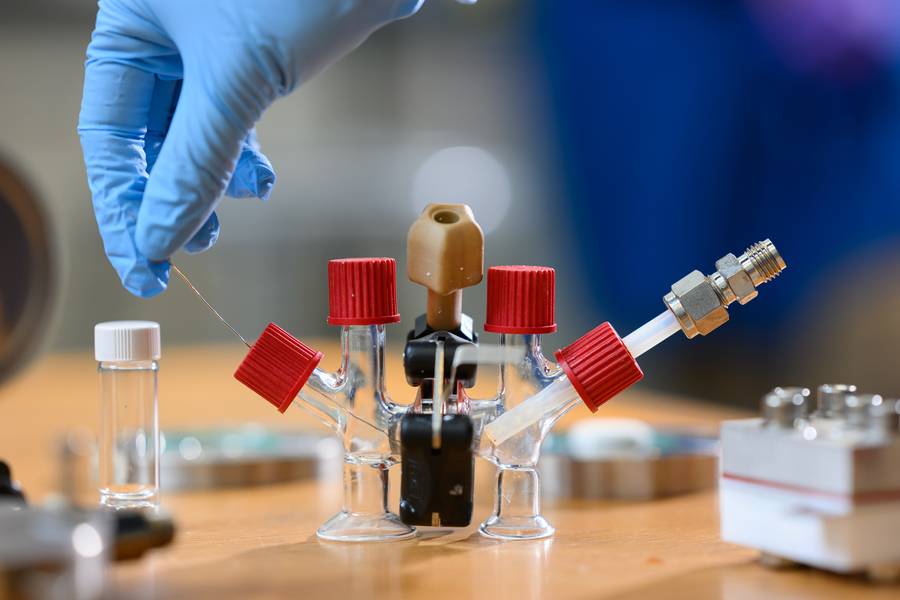Innovations in Hydrogen Fuel Cell Power for Maritime Industry
Key Ideas
- Hydrogen fuel cell power plants for ships face challenges but offer benefits such as lower production energy intensity compared to alternative fuels like e-methanol and e-ammonia.
- Researchers from the University of Southampton have demonstrated the feasibility of hydrogen fuel cells for deep-sea shipping, showing a competitive system size compared to ammonia and methanol-based propulsion systems.
- Companies like eCap Marine and Proteus Energy are entering the market with innovative hydrogen fuel cell solutions for vessels, providing benefits like zero emissions, faster refueling, and cost efficiency per trip despite current higher production costs.
- An alternative fuel cell technology using liquid sodium metal as feedstock has been developed by researchers at MIT, offering high energy density, no carbon dioxide emissions, and potential benefits for ocean de-acidification.
Despite challenges such as low energy density and lower efficiency compared to batteries, hydrogen fuel cell power plants for ships are gaining traction in the maritime industry. The justification for continuing to explore hydrogen as a marine fuel is its lower energy intensity for production compared to alternative fuels like e-methanol and e-ammonia. Researchers at the University of Southampton have shown that hydrogen can be a viable option for deep-sea shipping, with competitive system sizes when compared to ammonia and methanol-based systems. Companies like eCap Marine and Proteus Energy are introducing hydrogen fuel cell solutions for vessels, offering benefits such as zero emissions, faster refueling, and cost efficiency per trip despite higher production costs. MIT researchers have also developed an innovative fuel cell technology utilizing liquid sodium metal as feedstock, providing high energy density and no carbon dioxide emissions, with potential benefits for ocean de-acidification. This technology could revolutionize the maritime industry's approach to alternative fuels and environmental impact.
